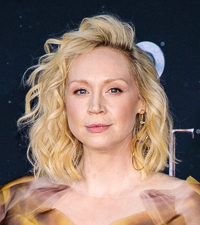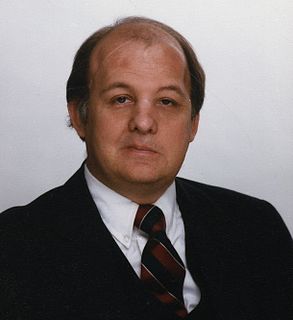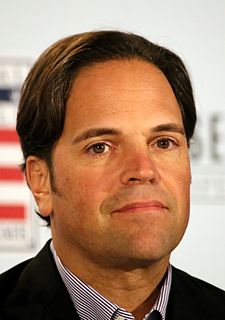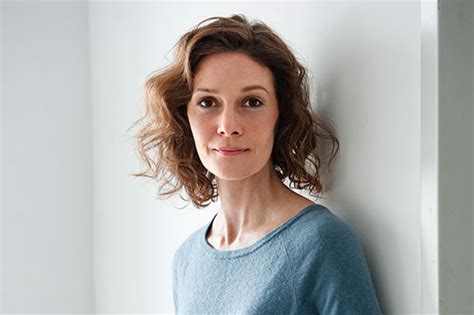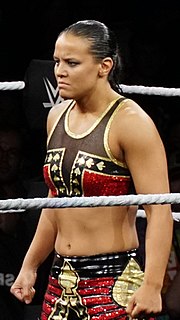A Quote by Richard P. Feynman
One of the ways of stopping science would be only to do experiments in the region where you know the law. But experimenters search most diligently, and with the greatest effort, in exactly those places where it seems most likely that we can prove our theories wrong. In other words, we are trying to prove ourselves wrong as quickly as possible, because only in that way can we find progress.
Related Quotes
If Thought is capable of being classed with Electricity, or Will with chemical affinity, as a mode of motion, it seems necessary to fall at once under the second law of thermodynamics as one of the energies which most easily degrades itself, and, if not carefully guarded, returns bodily to the cheaper form called Heat. Of all possible theories, this is likely to prove the most fatal to Professors of History.
So my antagonist said, "Is it impossible that there are flying saucers? Can you prove that it's impossible?" "No," I said, "I can't prove it's impossible. It's just very unlikely." At that he said, "You are very unscientific. If you can't prove it impossible then how can you say that it's unlikely?" But that is the way that is scientific. It is scientific only to say what is more likely and what less likely, and not to be proving all the time the possible and impossible.
For all the good things it has brought our society, the Web has also fostered ideological hermits, who only talk to folks who believe exactly what they do. This creates an echo chamber that only further convinces people that they are right, and everyone else is not only wrong, but an idiot or worse. So when an incident like this one arises, it's not enough to point out an error; they must prove that the error had nefarious origins. In some places on the Web, everything happens on a grassy knoll.
The whole point of science is that most of it is uncertain. That's why science is exciting--because we don't know. Science is all about things we don't understand. The public, of course, imagines science is just a set of facts. But it's not. Science is a process of exploring, which is always partial. We explore, and we find out things that we understand. We find out things we thought we understood were wrong. That's how it makes progress.
Search marketing, and most Internet marketing in fact, can be very threatening because there are no rules. There’s no safe haven. To do it right, you need to be willing to be wrong. But search marketing done right is all about being wrong. Experimentation is the only way. No one really knows whether that page will rank #1 in Google; no one really knows which paid search copy will get the highest click rate. Even experts can’t tell you which content will attract the most links. You just have to try it and see.
God knows what is my greatest happiness, but I do not. There is no rule about what is happy and good; what suits one would not suit another. And the ways by which perfection is reached vary very much; the medicines necessary for our souls are very different from each other. Thus God leads us by strange ways; we know He wills our happiness, but we neither know what our happiness is, nor the way. We are blind; left to ourselves we should take the wrong way; we must leave it to Him.
Is there a wrong way to say "I don't know"? Yes. When we declare ignorance, it should be a) honest and b) in the spirit of opening ourselves up to hearing, to learning, to receiving. When we say "I don't know" under these conditions, the words can forge connection, healing, growth. But when we resist or disavow knowledge, when we profess ignorance as a way of donning armor and evading accountability, then we make a mockery of those words, and we rupture connections not only with others but within ourselves, within our souls.
When we are in the grasp of illusion - or, for that matter, whenever we have a new idea - instead of searching for ways to prove our ideas wrong, we usually attempt to prove them correct. Psychologists call this the confirmation bias, and it presents a major impediment of our ability to break free from the misinterpretation of randomness.


